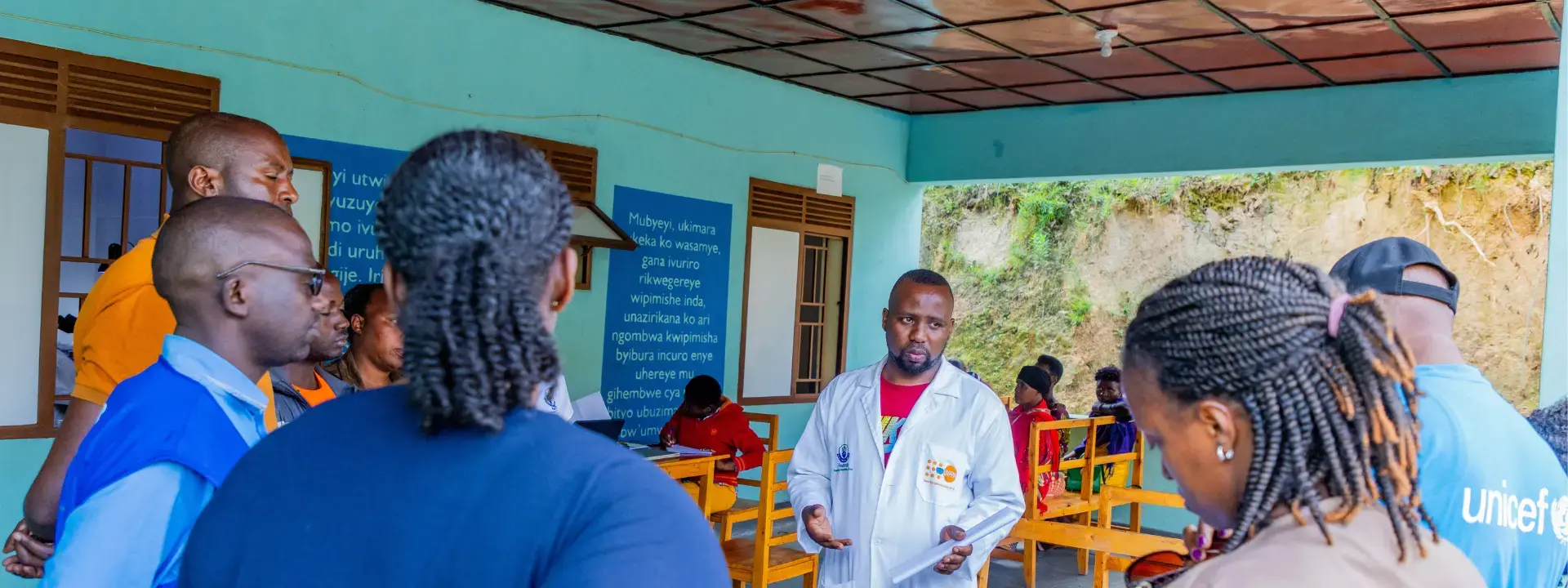UNFPA Rwanda Country Programme 2025-2029
UNFPA Rwanda 9th country programme aims to galvanize targeted efforts that will accelerate progress in addressing the underlying structural and systemic causes of preventable maternal deaths, unmet need for family planning, gender-based violence and harmful practices, in identified hotspots and underserved population groups across the humanitarian-development-peace contexts in the country.
It is guided by the Rwanda Vision 2050, the second National Strategy for Transformation (NST 2), the 5th Health Sector Strategic Plan (HSSP 5: 2024-2029), the United Nations Sustainable Development Cooperation Framework (UNSDCF), 2025-2029, and the UNFPA Strategic Plan, 2022-2025.
It is also informed by consultations with representatives of the national and subnational governments, civil society organizations, the private sector, development partners, the United Nations system, academia and youth networks.
Country Programme Focus Areas
- Policy and Accountability
- Quality of Care
- Gender and Social Norms
Country Programme Vision
Closing inequality gaps limiting universal access to high-quality, equitable and integrated maternal health care, rights-based family planning services and GBV prevention and response.
Country Programme Outputs:
Output 1: By 2029, improved integration of sexual and reproductive health rights, as well as the prevention of and response to gender-based violence and harmful practices, into universal health coverage-related policies and plans, and other relevant laws, policies, plans and accountability frameworks.
Output 2: By 2029, strengthened capacity and resilience of systems, institutions and communities to provide high-quality, comprehensive sexual and reproductive health information and services, including supplies, as well as essential services to address gender-based violence and harmful practices.
Output 3: By 2029, strengthened mechanisms and capacities of actors and institutions to address gender-based violence and discriminatory gender and social norms towards gender equality and women’s decision making.


